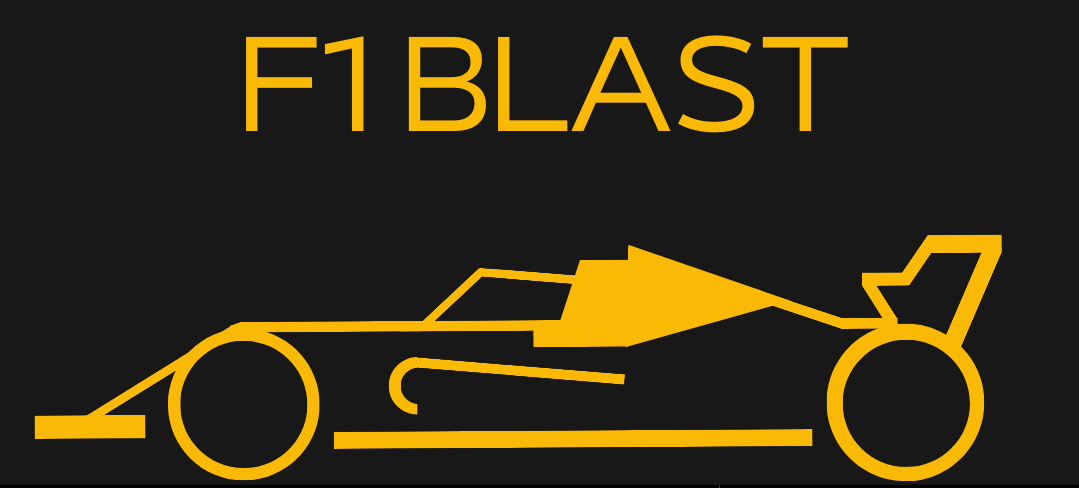Honda in F1
The history of Honda in F1 begun in 1964, when they entered as both a constructor and engine manufacturer. They quickly made an impact, becoming the first Japanese manufacturer to win an F1 race. Over the years, Honda played a crucial role as an engine supplier, powering teams like McLaren and Williams to multiple championships in the 1980s and early 1990s.
Despite several withdrawals from the sport due to economic challenges, the contribution of Honda in F1 include six constructors’ titles and six drivers’ championships, solidifying their status as a key player in the sport’s history.
The First Era of (1964-1968)
Honda first entered Formula One in 1964, just four years after producing their first road car. They arrived with high ambitions, building their own RA271 chassis and 1.5 liter V12 engine. At the 1964 German Grand Prix, American driver Ronnie Bucknum made his F1 debut for Honda, finishing a respectable 13th in their first race.
The following year saw gradual improvement, as the first point for Honda in F1 was scored by Richie Ginther’s 6th place in Belgium. Then came a breakthrough result at the 1965 Mexican Grand Prix. Ginther put his Honda RA272 on pole position and dominated the race to take Honda’s first F1 win at only their second attempt, making them the first Japanese manufacturer to win in F1.
More chassis and engine developments followed in 1966 and 1967, now with a 3 liter V12 and drivers like John Surtees joining the team. Surtees gave Honda their first podiums and several fourth places, before a second place at the 1967 Italian Grand Prix. Surtees went one better by winning the final race of the year in Mexico, cementing Honda fourth in the championship.
The 1960s era ended on a tragic note, though. At the 1968 French Grand Prix, Jo Schlesser was killed in an accident while driving Honda’s new RA302 car. This prompted the end of the first era of Honda in F1, as at the end of 1968 the team shifted it’s focus entirely to building road cars.
The Second Era (1983-1992)
After a 15-year absence, Honda returned to F1 in 1983 solely as an engine supplier. They debuted with the small Spirit team, but quickly aligned with Williams in 1984. The Honda turbo engines were highly potent, and powered Williams to multiple wins and podiums over the next four seasons.
By 1987, Honda was also supplying Lotus and McLaren customer teams. Their engines dominated the sport, with Nelson Piquet winning Honda its first drivers’ title in 1987 with Williams. The following year, McLaren’s Ayrton Senna and Alain Prost both won over 8 races each, only giving ground in the 1988 Italian Grand Prix, and beginning a period of utter dominance.
From 1988 to 1991, McLaren-Honda won four straight constructors’ championships and four straight drivers’ titles (one by Prost and three by Senna). This remarkable run stands as one of the most successful partnerships in F1 history. However, another economic decline for Honda in 1992 led them to withdraw from F1 once again.
The Third Era (2006-2021)
After buying out the BAR F1 team at the end of 2005, Honda had another attempt at running its own F1 operation from 2006-2008. The highlight came at the 2006 Hungarian GP, where Jenson Button scored Honda’s first win in over a decade en route to 4th in the championship.
But the years that followed were difficult, so Honda withdrew from F1 yet again to survive the global financial crisis. The team continued independently as Brawn GP, winning titles in 2009 before being bought out by Mercedes.
Honda eventually returned in 2015 as McLaren’s power unit supplier. However, this partnership only lasted three difficult seasons before both agreed to split at the end of 2017. For 2018, Honda linked up with Red Bull’s junior Toro Rosso team, before Red Bull themselves switched from Renault to Honda engines in 2019.
This partnership proved to be the right one for Honda. After showing good progress in 2019 with three wins, Honda-powered Max Verstappen won Honda its first drivers’ championship since 1991 in a tense 2021 season finale. However, Honda again withdrew from F1 at the end of 2021 to focus on more sustainable technologies.
Conclusion
The history of Honda in F1 came in different eras, but across Honda’s sporadic involvements in F1 since 1964, they demonstrated groundbreaking early success and periods of sheer dominance as an engine manufacturer in the late 1980s. Despite withdrawing three times for economic reasons, Honda engines powered multiple championship-winning teams and drivers over the decades.
As Honda bid farewell to F1 once more, they left a legacy of six constructors’ titles and six drivers’ crowns, establishing themselves firmly alongside Ferrari and Mercedes as F1’s most decorated engine suppliers. But this is not the end of history of Honda in F1, as they have already announced their return as engine suppliers for Aston Martin from the 2026 season onwards.


13 Comments